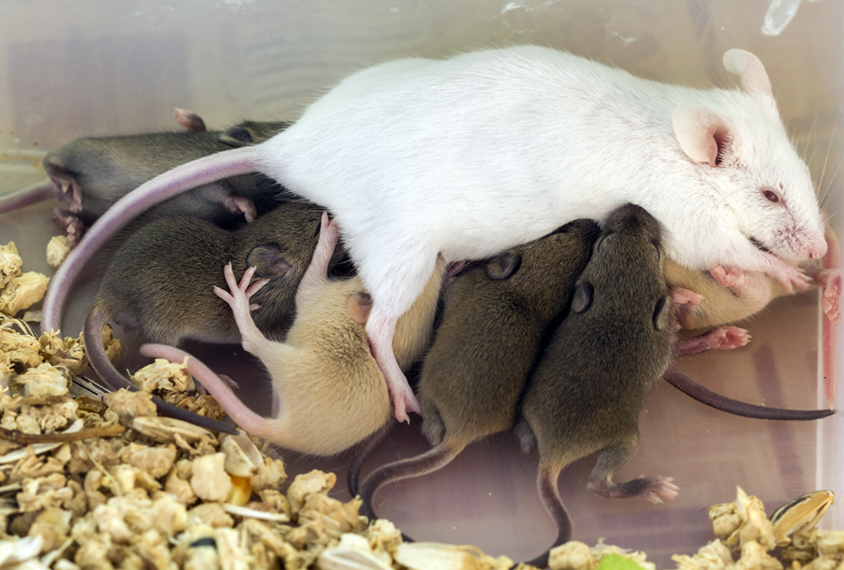Mark Zylka
Associate Professor
University of North Carolina at Chapel Hill
From this contributor
Few autism researchers control for the ‘litter effect’ — this needs to change
Anyone who uses multiple animals from a small number of litters to increase sample size is making a serious mistake. The similarities within individual litters will heavily skew the results.

Few autism researchers control for the ‘litter effect’ — this needs to change
Length matters: Disease implications for long genes
A gene’s length may influence its expression, and this has implications for autism, which tends to be linked to particularly long genes, says Mark Zylka.

Length matters: Disease implications for long genes
Explore more from The Transmitter
During decision-making, brain shows multiple distinct subtypes of activity
Person-to-person variability in brain activity might represent meaningful differences in cognitive processes, rather than random noise.

During decision-making, brain shows multiple distinct subtypes of activity
Person-to-person variability in brain activity might represent meaningful differences in cognitive processes, rather than random noise.
Basic pain research ‘is not working’: Q&A with Steven Prescott and Stéphanie Ratté
Prescott and Ratté critique the clinical relevance of preclinical studies in the field and highlight areas for improvement.

Basic pain research ‘is not working’: Q&A with Steven Prescott and Stéphanie Ratté
Prescott and Ratté critique the clinical relevance of preclinical studies in the field and highlight areas for improvement.
Proposed NIH budget cut threatens ‘massive destruction of American science’
A leaked draft of a Trump administration proposal includes an approximately 40 percent cut to the National Institutes of Health’s budget and a major reorganization of its 27 institutes and centers.

Proposed NIH budget cut threatens ‘massive destruction of American science’
A leaked draft of a Trump administration proposal includes an approximately 40 percent cut to the National Institutes of Health’s budget and a major reorganization of its 27 institutes and centers.